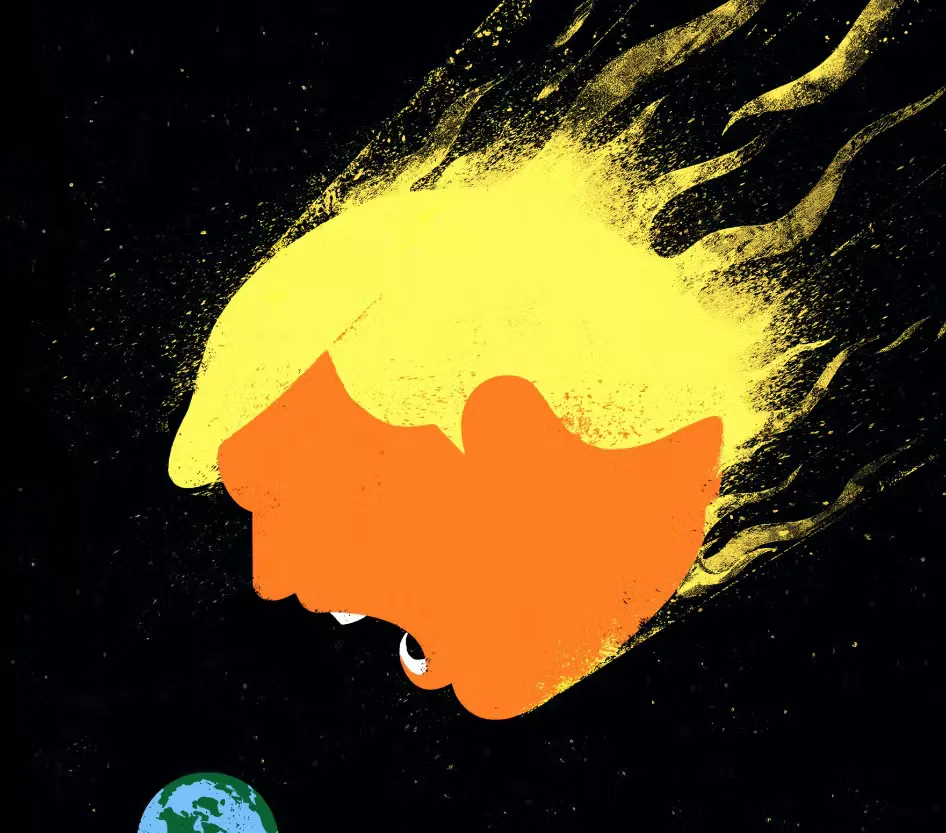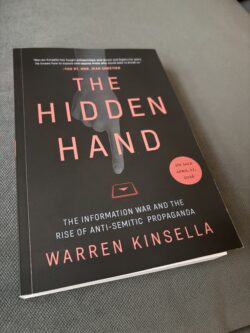Who is the deranged one, now?
Having grown up in Alberta as a card-carrying Liberal, I knew how to make friends with Conservatives. If I didn’t, I would’ve had no friends.
When you are a progressive-type surrounded by conservative types, you learn pretty quickly that no ideology has a monopoly on common sense. Every political tribe – Liberals, Conservatives, New Democrats – has their own share of lunatics. Every tribe has their own contingent of kooks and crooks.
But Donald Trump is in a category of his own.
On Monday morning, many of us woke to news that Trump had written a text message to Norway’s Prime Minister. Here is part of what it said.
“Considering your Country decided not to give me the Nobel Peace Prize for having stopped 8 Wars PLUS, I no longer feel an obligation to think purely of Peace, although it will always be predominant, but can now think about what is good and proper for the United States of America,” he wrote, adding that he had done more for NATO than any person who had ever lived. Then: “The World is not secure unless we have Complete and Total Control of Greenland. Thank you! President DJT”
It’s been confirmed as authentic by Norway, and by PBS, which got the scoop. Donald Trump, the President of the the United States of America, is saying he no longer needs to “think purely of Peace” because he didn’t get the Nobel Peace Prize. So, he will push to control Greenland – which, not that these things seemingly matter anymore, is an autonomous territory of the Kingdom of Denmark. Not Norway.
There has been lots of insanity in Trump’s second term: Canada as the 51st state, prosecutions of critics, militarization of U.S. cities, assaults on the Federal Reserve, the killing of Renee Good, crippling tariffs levied against allies (but none against Russia). It’s been exactly a year since Trump commenced his second spin through the White House (which he has partly torn down, and gilded like a hooker’s drawing room). But it feels like a decade.
That’s because Trump’s first term in office, while non compos mentis, was not as bad as the last twelve months have been. During his first term, he did lots of things that were crazy. January 6, abusing power and obstructing elections were the two big ones, and they helped to get him impeached, twice. But he was surrounded by comparatively-sane people in his first term. Not this time. Not in 2025-2026. The inmates are running the asylum, on this go-round.
[To read more, subscribe here]




